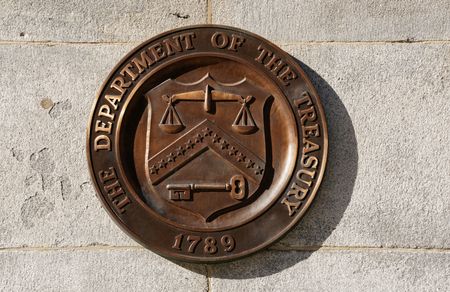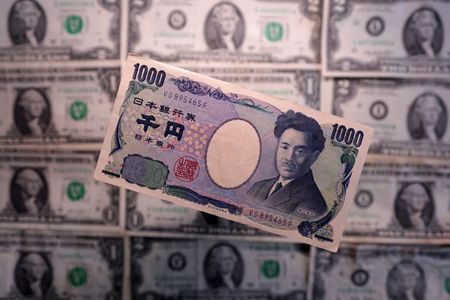By Kitiphong Thaichareon and Thanadech Staporncharnchai
BANGKOK (Reuters) -Thailand’s economy is expected to improve in the first quarter of 2026 after a slowdown in the second half of 2025, the central bank chief said on Tuesday.
The Thai government is currently implementing a series of stimulus measures, with Southeast Asia’s second largest economy struggling with weak consumption, U.S. tariffs and a strong baht.
The economy is expected to slow in the second half of 2025 after growing 3% annually in the first half due to the front-loading of exports earlier in the year, Governor Vitai Ratanakorn told a business seminar.
“This year might not be a good year for the economy,” he said. “The slowdown will start in the third and fourth quarters, before improving in first quarter next year.”
The central bank forecasts that GDP growth, which has lagged regional peers in recent years, will reach 2.2% this year and 1.6% in 2026. It stood at 2.5% last year.
SUPPORT MEASURES FOR BAD DEBT
Vitai also told the seminar that the country needs to tackle its bad debt, with support measures set to be finalised over the next one or two weeks.
The measures, which will address household debt under 100,000 baht ($3,053), are expected to help about 2 million people, Vitai said.
Thailand’s stubbornly high levels of household debt have shackled the economy for years, with the ratio of household debt to gross domestic product standing at 86.8% at the end of June, among the highest levels in Asia. The amount of debt stood at 16.3 trillion baht ($497.71 billion).
“If we don’t urgently and seriously address household debt, I think any effort to push GDP higher will constantly face constraints,” Vitai said.
NON-PERFORMING LOANS NOT AT A CRISIS LEVEL
At more than 3% of total loans, banks’ non-performing loans are high but not at a crisis level yet, he added.
The government has said it will spend 10 billion baht ($305 million) this month to buy bad debt.
The central bank will also issue new regulations allowing financial institutions to set up joint venture asset management companies with existing ones in order to help troubled smaller businesses, Vitai said.
There were about 90 asset management companies nationwide, with roughly half operating actively, he added.
($1 = 32.7500 baht)
(Reporting by Orathai Sriring, Kitiphong Thaichareon and Thanadech Staporncharnchai; Editing by John Mair and David Stanway)











